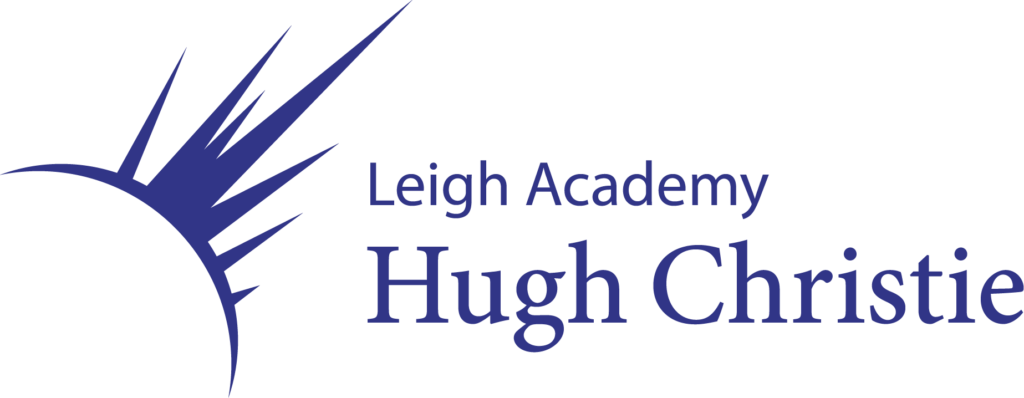Curriculum Implementation
At Key Stage 3, our unit plans are based on ensuring full coverage of the National Curriculum through the use of the MYP and embedded IB philosophy. The department puts a great emphasis on KS3 as we give students the opportunity to research and investigate topics within history and be independent and conscientious with their approach to the work they produce. Carefully crafted enquiry questions guide students to explore key events and their significance, fostering critical thinking and substantiated conclusions. Forgotten voices and overlooked events are highlighted to provide a rich, inclusive perspective. Retention of knowledge is reinforced through regular quizzing, ensuring a strong foundation for future study.
The GCSE History curriculum at Key Stage 4 builds on the foundational knowledge and historical concepts developed at Key Stage 3, deepening student understanding through a blend of British and international studies. Across the Key Stage, students explore Medicine Through Time which examines change, continuity, and turning points across a broad historical framework. Weimar and Nazi Germany (c.1918–1939) develops understanding of historical debate, focusing on how evidence and interpretation shape differing views of events and individuals. The British depth study is Henry VIII and His Ministers (1509–1540) and examines political power and reform. Finally, Superpower Relations and the Cold War (1941–1991) explores the global dynamics of conflict and diplomacy during the 20th century. By the end of Key Stage 4, students will be able to construct sustained, evidence-based arguments, and critically analyse historical interpretations, providing them with a robust foundation for understanding Britain and the wider world today.
At Key stage 5, students begin their A-Level studies with a depth investigation of the Cold War in Asia, building on their KS4 knowledge of the Cold War and tensions between communist and capitalist powers. Core historical concepts such as change, continuity, and significance are further developed, alongside advanced skills like hypothesis testing. Additionally, students study Britain 1900-1951, refining their understanding of themes like government, monarchy, economy, and societal control, as well as political and industrial change. Students enhance their critical and source analysis skills by examining cause, consequence, and patterns of change and continuity. By the end of Year 12, they can write structured academic essays and tackle complex historical questions with confidence.
In their final year, students complete a coursework project worth 20% of their A-Level, honing research skills essential for post-18 study. They also study ‘Rebellion and Disorder under the Tudors’; a breadth paper with integrated depth studies which deepens their understanding of early-modern England while building on skills from Year 12.



